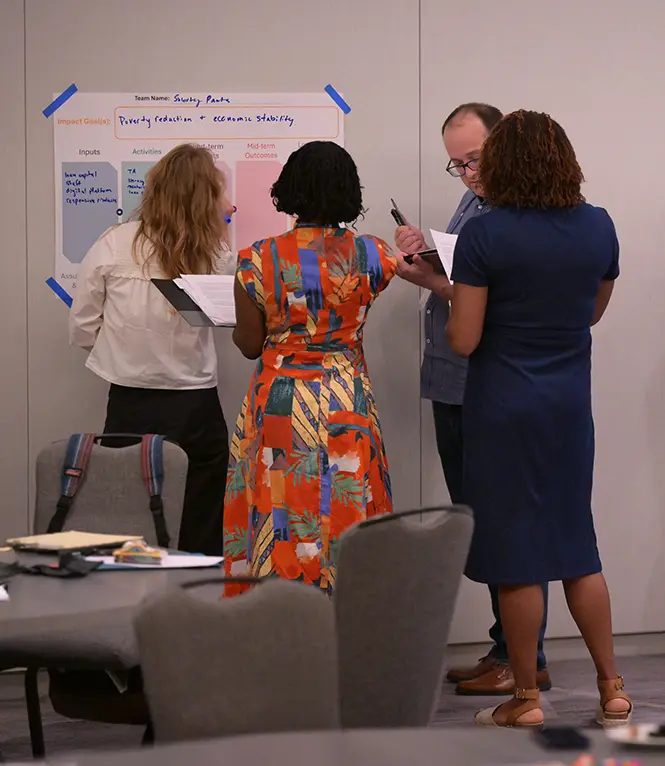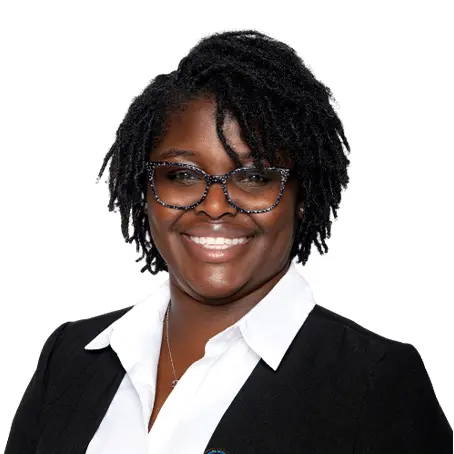Impact, Evaluation & Research
Overview
Impact, evaluation, and research professionals help CDFIs tell the story behind the numbers, demonstrating how their lending and services translate into measurable community impact. They capture how increased capital access catalyzes tangible benefits and expands economic opportunity – from new jobs to affordable housing units. Their insights help institutions demonstrate accountability and communicate results to funders, regulators, and communities.
These practitioners design systems and processes to turn complex data into clear insights. They may build dashboards, develop data visualizations, and publish impact reports. Within their organizations, they analyze data to guide decision-making and improve programs. By combining evaluation frameworks with both quantitative and qualitative methods, impact professionals ensure CDFIs can measure what matters and adapt strategies over time.
Many also contribute to the growing body of research that advances community finance. Through case studies, briefs, and collaborative research, they generate new knowledge, influence policy conversations, and share lessons that strengthen the CDFI industry nationwide.

What Do Impact and Evaluation Practitioners Do?
- Design and implement measurement frameworks. Build theories of change and systems that capture both financial and social outcomes.
- Collect and analyze data. Develop surveys, conduct interviews, manage databases, and create processes that ensure high-quality data management.
- Create reports and data visualizations. Translate findings into dashboards, reports, and presentations tailored for funders, regulators, community partners, and other stakeholders.
- Conduct mixed-methods evaluations. Pair quantitative analysis with qualitative research to provide a full picture of program performance.
- Support evidence-based decision-making. Provide insights and analysis to guide organizational strategy and respond to internal requests.
- Lead and contribute to research. Design studies, author briefs, and collaborate with peers to publish findings that advance the community finance field and help shape national conversations.
Key Skills and Sample Job Titles
Analytic Skills
Impact, evaluation, and research professionals interpret data from diverse sources — from surveys to financial metrics to geospatial information. Strong analysis identifies trends and patterns, turning raw information into insights that guide strategy and strengthen performance. Precision is essential to ensure findings are accurate and trustworthy.
Communication Skills
Communication is a vital part of effective research and impact evaluation work. These practitioners translate findings into engaging stories, accessible visualizations, and actionable reports for audiences including funders, policymakers, community partners, and internal teams. They may also present at conferences and research symposia, helping shape broader conversations in the field.
Evaluation & Research Design
These professionals design studies and evaluation frameworks, frame key questions, and select the right methods to capture meaningful results. Good design sets the foundation for reliable, credible, and actionable findings.
Sample Job Titles
- Director of Research
- Director of Impact
- Vice President, Evaluation & Learning
- Impact & Evaluation Manager
- Research Associate
- Social Impact Analyst
- Data Analyst






